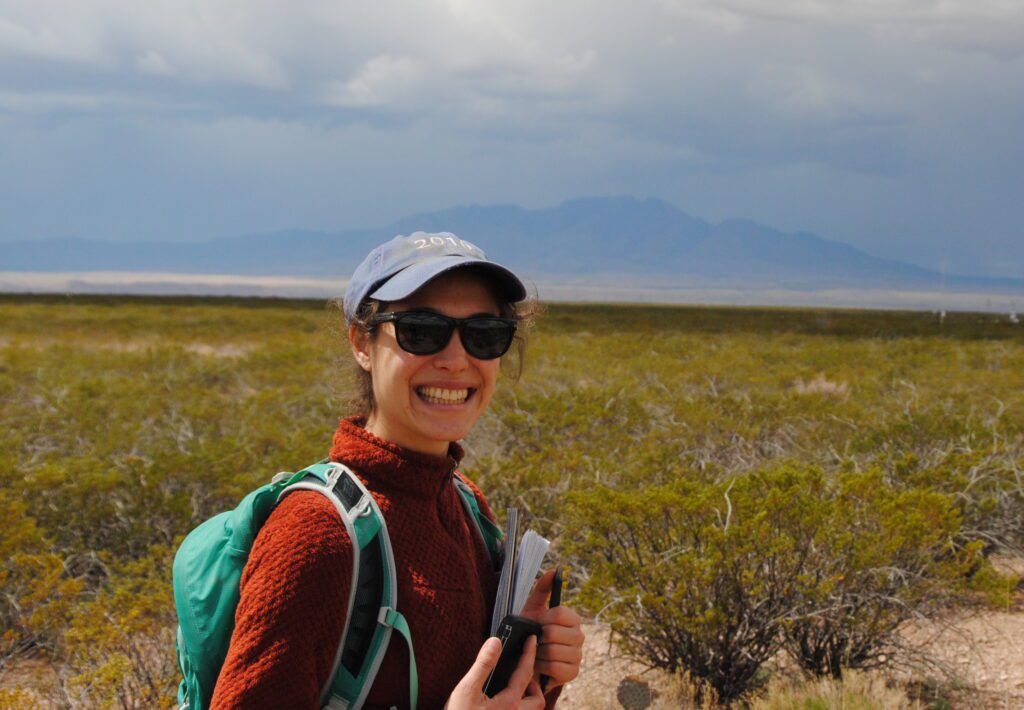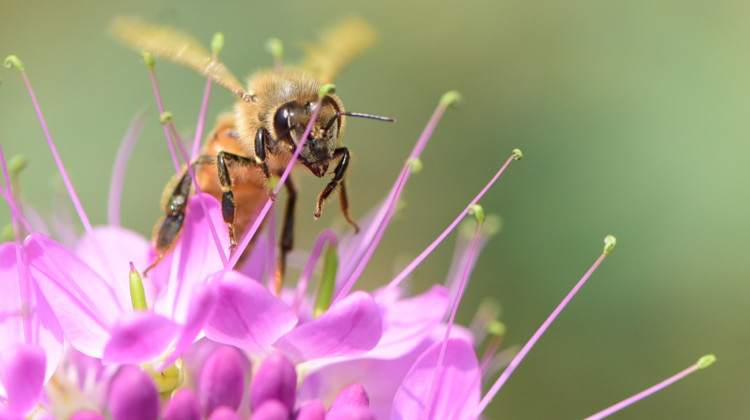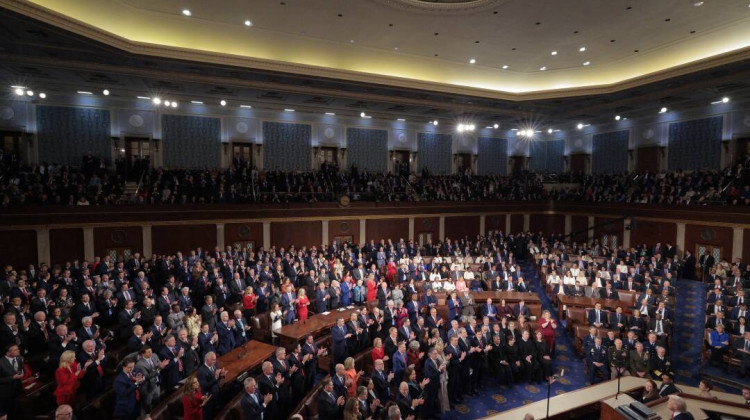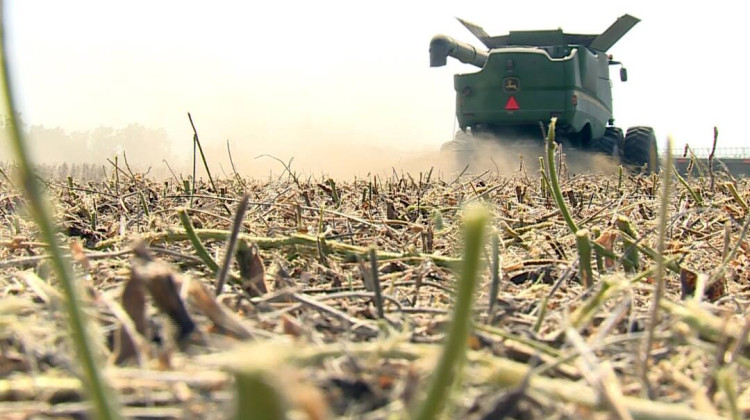By Tana Weingartner
Scientists researching bees have been sounding the alarm about how climate change is negatively affecting the pollinators that make our beloved honey products. A professor at Earlham College recently studied the effects of extreme heat and dryness on hundreds of other types of native bees.
Melanie Kazenel, Ph. D., visiting assistant professor of quantitative plant ecology, and a team studied bees at the Sevilleta National Wildlife Refuge in New Mexico. The refuge has been tracking bee populations there since 2002 and has thousands of data points on bee abundance.
"I was able to pair this long-term data with experimental measurements of the heat tolerances of bees and the desiccation tolerances, or dryness tolerances, of bees to see (if) tolerance of heat and drought from these experiments correlates or relates to how bees are doing in terms of long-term abundance trends in our records," Kazenel explains.
LISTEN: Is the bee population rebounding in the U.S.?
Unsurprisingly, she found nearly half of the 340 species studied are not doing well at all. Those are the ones Kazenel and her team predict will continue to decline over the next 80 years.

"In particular, those species that are likely to decline are the ones that have low tolerance of heat and drought, so (bees) that are likely being affected negatively in terms of their physiology as the climate becomes hotter and drier."
On the flip side, however, they discovered some bee species did seem to be doing just fine.
"In fact, some might increase in abundance over time," says Kazenel. "Those are the species that have high tolerances of heat and drought; the ones that are pre-adapted, in a sense, to deal with these hot and dry conditions."
Bees are important pollinators for all sorts of plants, with certain bee species being particularly good for certain plant species. Kazenel says the good news is that not all pollinators are being affected by these two climate change factors.
RELATED: Bees make some very smart decisions. Their brains are now a model for AI
"What our results suggest is that there's some level of resilience," she says. "Within the bee community, there are some bee species that are resilient to these changing climate conditions, but the fact that climate change has the potential to cause declines in nearly half of bee species means that some plant species are likely to lose important pollinators."
Kazenel's research was published in a March issue of the journal Nature.
Buzzing off to Colorado
Kazenel and three Earlham College students are preparing to spend the summer doing additional research about how bees and the plants they pollinate could respond to climate change. They'll spend eight weeks at the Rocky Mountain Biological Lab near Crested Butte, Colo.
In the future, she's planning similar bee research closer to home in Indiana.
Kazenel notes there are lots of factors at play in how bees are affected by climate change, not just heat and drought, and they all interact with one another.
"These factors include habitat loss, disease, pesticides used in agriculture, things like invasive species, and then climate change," she concludes. "It's not just one of these factors that's causing the declines. It's all of them, and they can be acting simultaneously. My work contributes to the picture of how bees are doing and what's influencing their abundance or potentially causing declines more broadly."
 DONATE
DONATE







 Support WFYI. We can't do it without you.
Support WFYI. We can't do it without you.